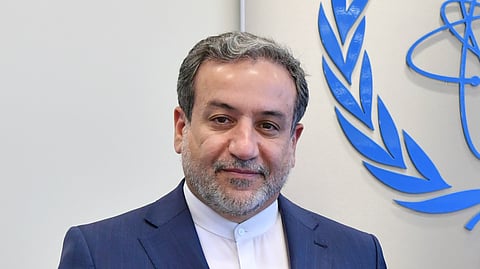

During the second round of indirect talks on Saturday between the United States and Iran, the Iranian delegation informed U.S. representatives that Tehran would not be returning to the Joint Comprehensive Plan of Action (JCPOA), with Foreign Minister Abbas Araghchi calling it a “lesson learned.”
In a post on X (formerly Twitter), Araghchi stated, “We have made it clear that many in Iran no longer view the JCPOA as a beneficial agreement.”
The current tone of optimism from the U.S. side, along with the agreement for a continuation of talks, suggests a potential softening of Washingtons previously maximalist demands—such as the full dismantling of Iran’s nuclear energy infrastructure, significant curbs on its ballistic missile program, and the withdrawal of support for regional allies, whom the U.S. designates as terrorist groups.
Iran’s insistence that the negotiations cannot simply lead to a revival of the JCPOA signals that Tehran may now be seeking broader concessions. These could include more extensive sanctions relief and concrete assurances that the United States will remain committed to any future deal—unlike in 2018, when then-President Donald Trump unilaterally withdrew from the JCPOA during his first term.
Trump's special envoy, Steve Witkoff, has also added to the confusion with mixed messaging. On Monday night, he told Fox News that Iran might be permitted to enrich uranium up to 3.67%, the limit permitted for civilian purposes under the JCPOA. However, he reversed course the next day in a post on X, stating, “Iran must stop and eliminate its nuclear enrichment and weaponization program.”
These developments underscore the challenges ahead as the U.S. and Iran navigate the complex path toward any potential agreement.i